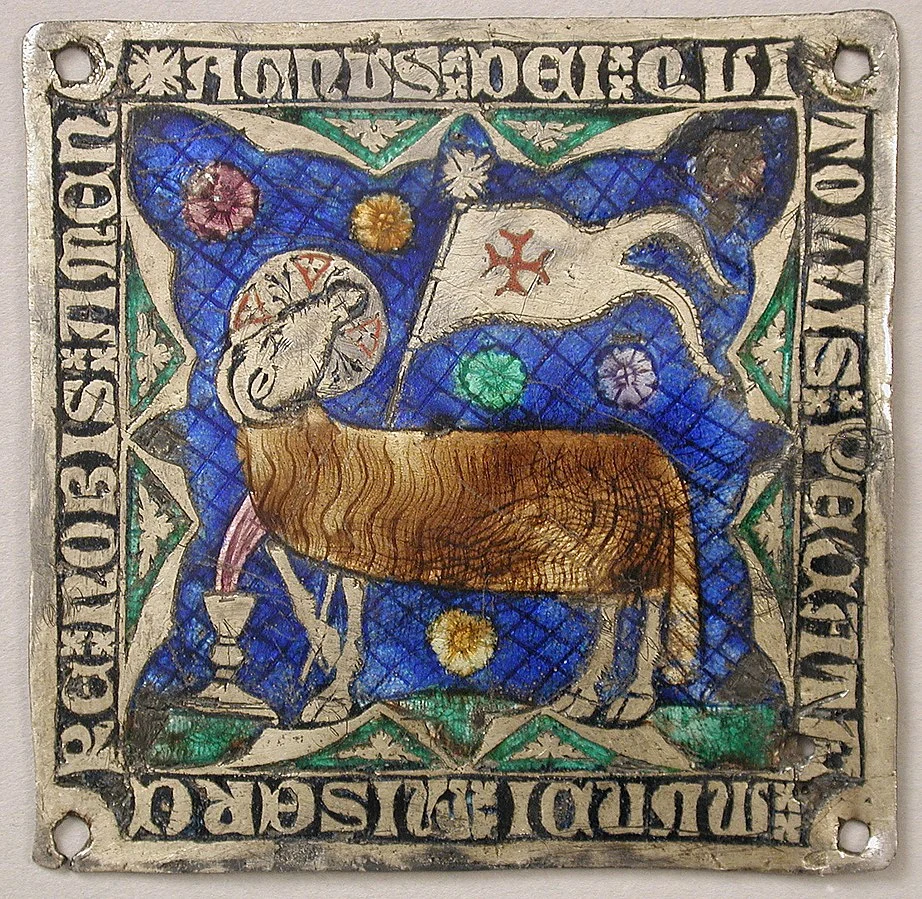The Providence of God

Q. 11. What are God’s works of providence?
A. God’s works of providence are his most holy, wise and powerful preserving and governing all his creatures, and all their actions.
The Shorter Catechism here lists two actions of God directed toward two objects.
First, God preserves all things. We have a tendency to think like the scoffers in 2 Peter 3:4, who say “all things are continuing as they were from the beginning of creation.” We take for granted the fact that the sun will rise, that the ground will hold our feet, and that our lungs will breathe. These are just facts of life; even the atheist believes them. But rarely do we ask the question, “Why?” Hebrews 1:3 gives us one answer:
[The Son] is the radiance of the glory of God and the exact imprint of his nature, and he upholds the universe by the word of his power.
The Universe is held together by the word of Christ. There are some significant things to unpack there, but it suffices to say that the world only continues to exist, you only continue to exist, because Jesus says so. This becomes even more clear when we look at God’s judgments throughout Scripture. When God judges, he stops preserving; judgment is decreation. What happened when God judged the earth in Noah’s day? He removed the firmament that divided sea from sky, and he removed the land that divided the seas, and all flesh was destroyed. When God removes his preserving presence from humans, they lose their humanity and become like beasts (see Romans 1). Therefore, the inverse is true as well. When things are working the way we expect them to, it’s because God is holding them together by his grace.
Second, God governs all things. We talked about God’s decrees previously, but government is how a king executes his decrees. Just like a king has servants and officers, so does God. In Romans, Paul tells us that the civil government is God’s minister, and Jesus himself gave the apostles and their successors–church elders–the keys to the kingdom. He also places fathers as heads over households. In this way, God reigns and rules through appointed servants. But, at times, God also directly intervenes. When Sennacherib threatened King Hezekiah, God personally destroyed the Assyrian army without the help of any earthly servant. He caused the Sun to stop its course in the sky while the Israelites were in battle under Joshua. These are just a sampling of how God governs.
Finally, there is nothing outside of God’s providence. When the catechism uses the term “all creatures,” it’s just not referring to what we normally refer to creatures. It is talking about all created things. That includes men and angels, beasts and plants, and seas and mountains. Even Satan himself is under the control of God’s providence. The book of Job makes this clear. But Job also indicates that God is not merely in control over creatures generally; he is also in control of their specific actions. In Job 1:11, God sets clear boundaries on what Satan is and is not able to do.
In the past and even in our day, some have skewed this doctrine to make God seem tyrannical, but this is far from the truth. Remember that God providentially orders things so that they work together for the good of those who love God (Romans 8:28). God’s providence is not arbitrary; instead, it is most exemplified in his tender care for his people. God’s providence is why you are able to believe. It’s why the church of God is not crushed. It’s why we can have hope, even when we are oppressed from evil within and without.
A Word on Miracles
It’s worth mentioning that we often use the term “miracle” when we should really be talking about God’s providence. Strictly speaking, a miracle is something that God does against the laws of nature, and usually through a mediator. Their main purpose in Scripture is to confirm the authority of one who claims to speak for God. It may not seem like it, but if you pay attention, miracles in Scripture are exceedingly rare. Only a handful of people are able to perform them, and they are almost always prophets of God.
So to take one example, on July 13, 2024, when an assassin’s bullet narrowly missed the head of former President Trump, many were lauding it as a miracle. Now, I am not for a minute suggesting that God was not governing that situation. He most certainly was. Everyone and everything was under God’s governance. Everything that happened that day was determined before the foundation of the world and executed according to God’s plan. But was it a miracle? No. It doesn’t meet the standard. No laws of nature were violated, and no prophet of God was confirmed.
So I would simply urge you to consider how you use these words. I would love to see the word providence reappear in our Christian vocabulary because I think when we see how God’s providence is at work in these extraordinary situations, it helps us to see how God’s providence is at work in ordinary situations. Our God is alive and active in the world, and we ought to pray for eyes to see his work in all things.
If you want to read more about God’s providence, I highly recommend a look at Thomas Watson’s Body of Divinity. This book is an extended commentary on the Shorter Catechism, and on this question, he gives a superb explanation and application of this doctrine.
Updates
- Don’t forget our fellowship lunch after worship this Sunday, and be sure to bring a dish to share!
- Operation Christmas Child is coming up! See the note in the bulletin for more information.
Your friend in Christ,
Reid
